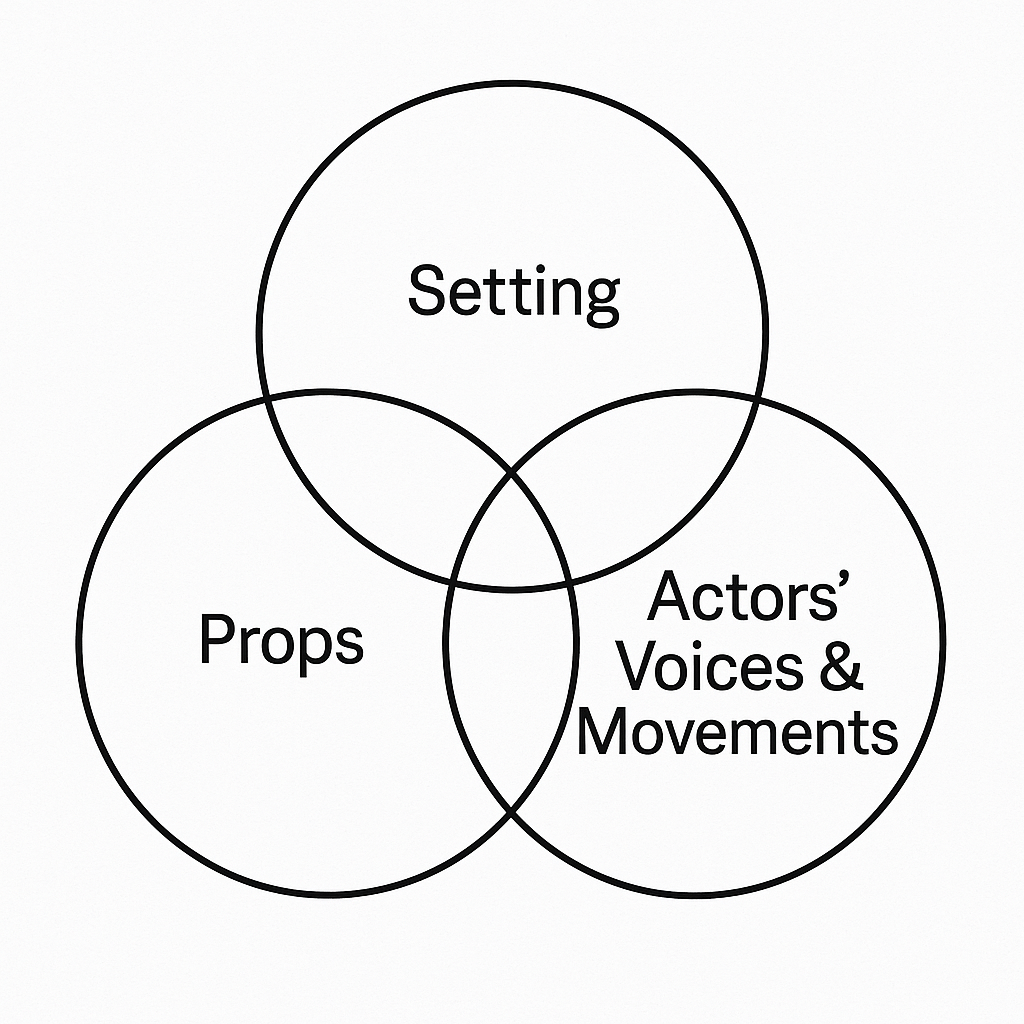Photo AI
Last Updated Sep 13, 2025
Tone and Mood Simplified Revision Notes for NSC English FAL
Revision notes with simplified explanations to understand Tone and Mood quickly and effectively.
486+ students studying
Tone and Mood
Tone
- Definition: The attitude or feeling created by the author through dialogue and characters' speech.
- Characters sometimes speak in a sarcastic or mocking tone, especially when frustrated or angry.
- Examples:
- Act 2, Scene 1: Isabel wants Thami to stay but knows he will not. She sarcastically says, "Well don't waste your time here." (pg. 85) – meaning she actually wants him to stay.
- Act 2, Scene 1: Mr M, angry with Thami's political views, sarcastically says, "Oh Thami… you learn your lessons so well!" (pg. 87).
- The tone changes throughout the play, depending on dialogue and characters' emotions:
- When characters argue, the tone is angry.
- When conflicts are resolved, the tone becomes calm and hopeful.
- Some scenes have a light-hearted or humorous tone.
- Stage directions (e.g., [pause] or [laughs]) indicate tone shifts.
Mood
- Definition: The overall feeling experienced by the audience while reading or watching the play.
- Created through:
- Setting
- Props
- Actors' voices and movements

500K+ Students Use These Powerful Tools to Master Tone and Mood For their NSC Exams.
Enhance your understanding with flashcards, quizzes, and exams—designed to help you grasp key concepts, reinforce learning, and master any topic with confidence!
540 flashcards
Flashcards on Tone and Mood
Revise key concepts with interactive flashcards.
Try English FAL Flashcards56 quizzes
Quizzes on Tone and Mood
Test your knowledge with fun and engaging quizzes.
Try English FAL Quizzes29 questions
Exam questions on Tone and Mood
Boost your confidence with real exam questions.
Try English FAL Questions27 exams created
Exam Builder on Tone and Mood
Create custom exams across topics for better practice!
Try English FAL exam builder57 papers
Past Papers on Tone and Mood
Practice past papers to reinforce exam experience.
Try English FAL Past PapersOther Revision Notes related to Tone and Mood you should explore
Discover More Revision Notes Related to Tone and Mood to Deepen Your Understanding and Improve Your Mastery
